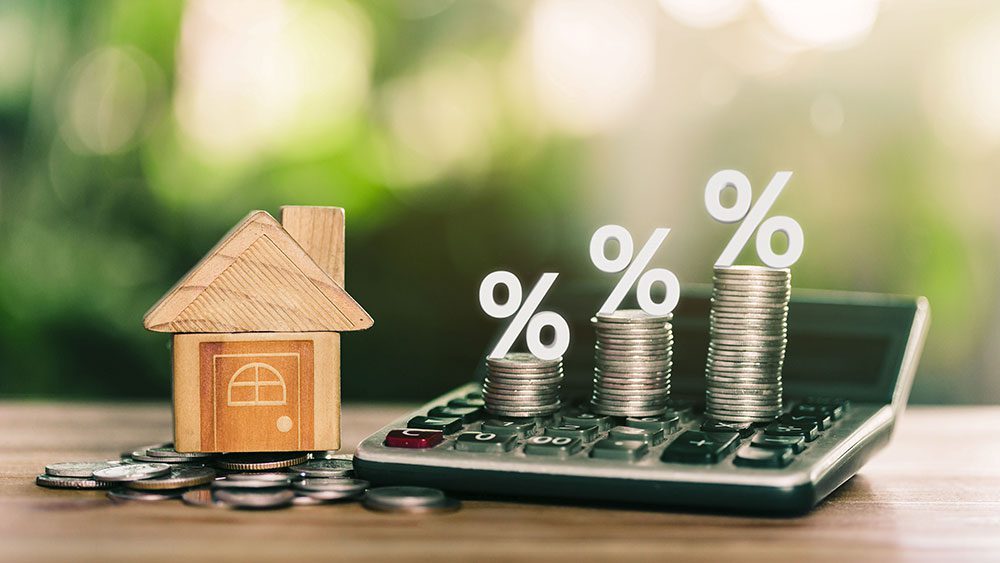Prices for goods and services in a market economy are subject to change. So as prices rise, your purchasing power decreases because of inflation. Inflation, however, isn’t necessarily harmful in cyclical free markets.
Inflation can bring down entire economies when prices rise too quickly, and the market fails to adjust. In 2022, inflation emerged as one of the most significant global risks. Moreover, inflation negatively affects household spending. That’s why many people prepare for inflation by investing in real estate.
Homeownership as a Hedge Against Inflation
Owning real estate has always been regarded as among the best ways to hedge against inflation. Real estate and stocks, commodities, and gold have always been considered inflation hedges. These assets are expected to appreciate during inflation, with real estate prices matching increased living costs.
Your home’s value increases with inflation rates. This is because its intrinsic value increases with the Consumer Price Index (CPI), which is the average change in the price of goods over time. Therefore, an increase in CPI means an increase in inflation rates.
Below are a few reasons homeownership is an excellent hedge against inflation:
- Increased property value: Being a homeowner in times of inflation means your property’s value should also increase, offsetting inflation.
- Low fixed-rate mortgage: When the 30-year fixed mortgage in the U.S. is down is a good time to take out a loan. An increase in inflation rates will mean a corresponding increase in mortgage rates. Homeowners who have locked in low, fixed mortgage rates won’t have to deal with paying higher interest rates down the road.
- A rent increase won’t affect you: For those renting, worsening inflation entails higher housing costs. Rent will cost significantly more each month at the end of rental agreements. Inflation will exacerbate rent increases, which have been known to surge by almost 50% in some cities. As a homeowner, you won’t have to worry about increasing rental and mortgage prices, especially with a fixed-rate mortgage.
- Increased rents mean profits for property owners: If you own a rental property, increased rents during inflation mean added income. The rent increase for your rentals can also be used as payment for your mortgage.
With a favorable, fixed-rate mortgage, the amount you pay monthly for principal and interest won’t increase. Meanwhile, your property’s value is rising because of inflation.
Relationship Between the Housing Market and Inflation
During inflationary times, demand for homes typically decreases because home prices, construction costs, and mortgage rates rise.
Rising home prices and costs:
- Home construction costs rise because everything is more expensive in an inflationary environment, including property, building materials, labor, and transportation.
- Mortgage rates rise because the Federal Reserve is raising rates to slow the economy.
- Home prices rise because of inflation.
- Monthly mortgage payments are higher because home prices are higher, mortgage rates are higher, taxes are higher, and insurance premiums are higher.
Because of rising home prices and costs, the demand for homes decreases. As a result, fewer people buy homes and get mortgages in an inflationary environment.
Takeaway
High inflation significantly reduces purchasing power because goods and services are more expensive. However, real estate is one of the most effective ways to protect yourself from inflation and preserve wealth.
© 2024 xpertRealtyMarketing.



